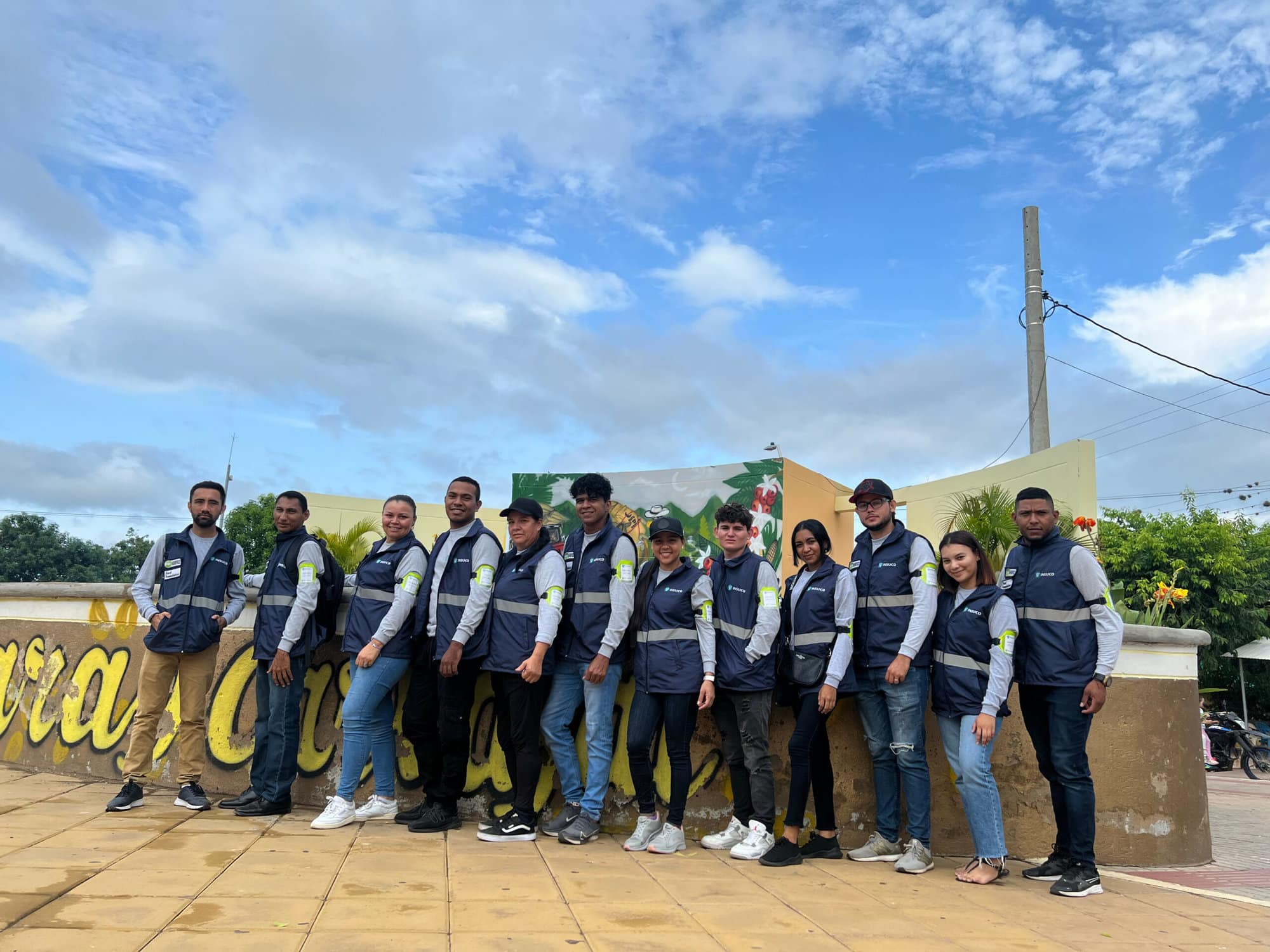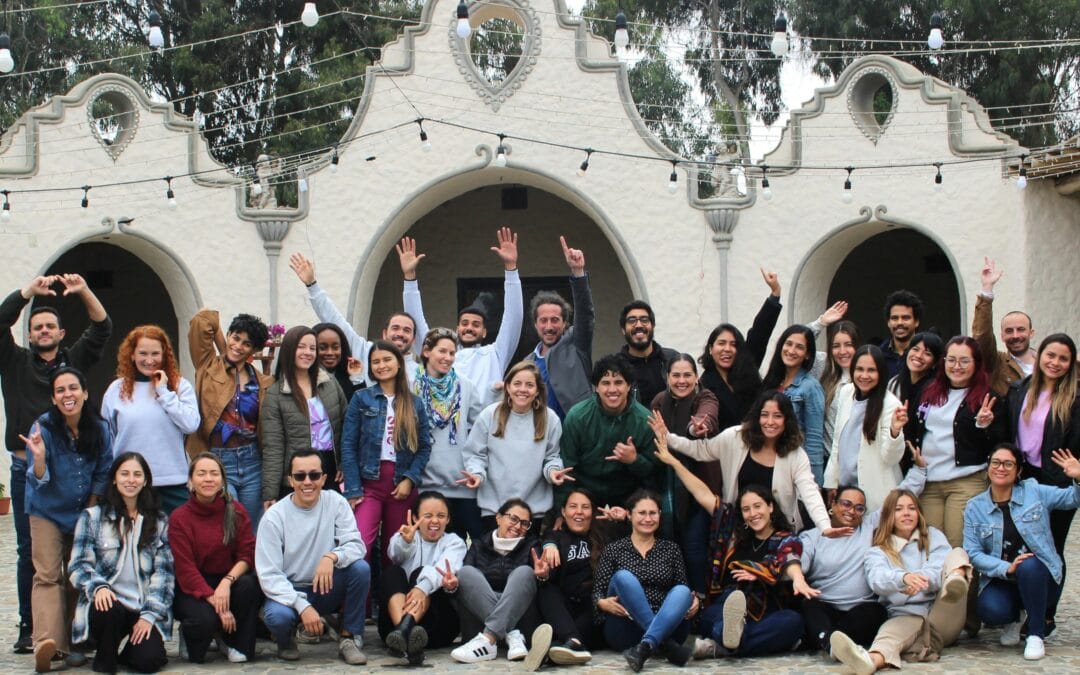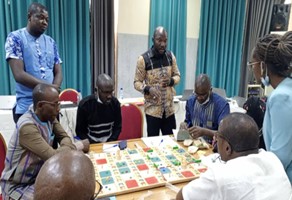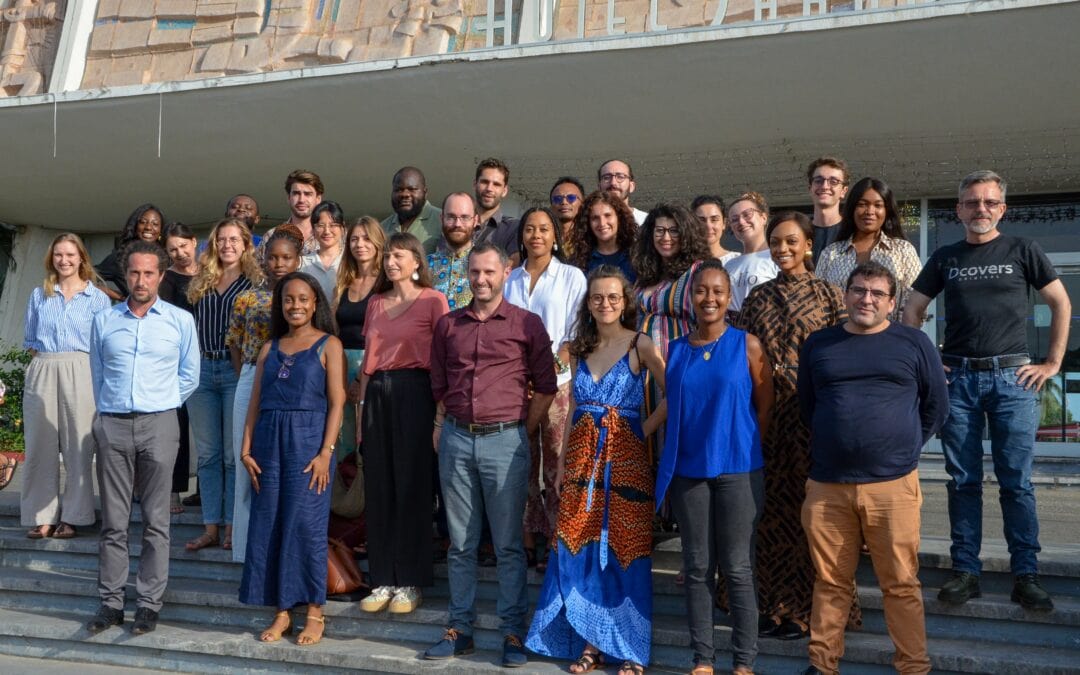Thanks to our Territorial Transformation Observatories (OTT), and in collaboration with the César Development and Peace Programme (PDPC) and with the support of the Ford Foundation, through Insuco Colombia, we have successfully collected quantitative primary data in the municipalities of Becerril, La Jagua de Ibirico and El Paso, reaching a total of 1,654 households. This stage represents a fundamental achievement in understanding the local perception of the Just Energy Transition (JET).
In the survey, the majority of participants in Becerril (36.2%), El Paso (35.7%) and La Jagua de Ibirico (42.5%) said they “agreed” with the Just Energy Transition (TEJ); however, on average, only 5.4% of all households said they were familiar with the current national government’s transition roadmap. In Becerril the figure is 5.4%, in El Paso 9.3%, in La Jagua de Ibirico 1.9% and in La Loma 13.6%.
It is important to stress that the various interest groups see the JET not only as a means of reducing greenhouse gas emissions and mitigating climate change, but also as an opportunity to address the social and economic concerns associated with this transformation. Indeed, the survey showed that, for households, the inclusion of these social and economic concerns is essential for a complete definition of TEJ.
The survey also revealed that households have positive expectations of the changes that the transition will bring, particularly in terms of employment opportunities and infrastructure. However, there is still a significant proportion of households that do not believe there will be any changes.
In terms of justice, the communities of César have a clear perception of justice in the context of the Energy Transition (TEJ). This perception is based on two fundamental pillars:
Environmental justice: Communities hope that TEJ will help mitigate the negative environmental impacts of coal mining, such as air and water pollution; they aspire to a transition to cleaner energy sources that offer them a healthier environment.
Social justice: Communities are looking to the TEJ to bring them economic and professional stability; they hope that the transition will generate new employment opportunities in sustainable sectors and that it will provide training programmes so that they can adapt to the new needs of the labour market.
On the other hand, one of the concerns to be addressed is the complex labour market reality faced by women, with lower participation rates and higher unemployment rates than men. Promoting actions that involve them in the TEJ and take account of their specific needs is essential for the relationship with the community; it is necessary to implement public policies that encourage the participation of women in the TEJ labour market and offer training opportunities in fields related to new energy technologies.
Finally, one of the first findings concerning climate change highlighted a low level of general knowledge in the municipalities, which is essential if communities are to understand the importance of the JTT and take ownership of the process. From this point onwards, it will be necessary to implement awareness-raising campaigns, educational workshops and training programmes to increase knowledge of climate change and its relationship with the TEJ.
In the near future, we will begin the phase of gathering primary qualitative information through semi-structured interviews, with which we will seek to gain an in-depth and contextualised understanding of the experiences, perceptions and impacts of different interest groups and stakeholders with regard to TEJ.
At the end of this activity, we will analyse the data and draw up a final report. This document will share the conclusions and findings of the study, with the aim of helping to influence strategic decisions for the region, based on technical and contextualised information.
We plan to organise an event in collaboration with our partners and allies, at which various stakeholders will come together to discuss the results and findings. Stay tuned, we’ll be announcing the date of this event soon.




